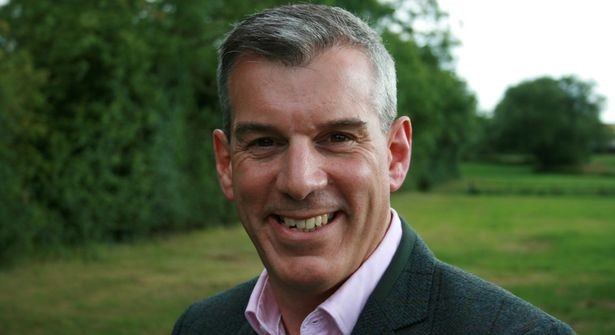The price paid to UK pork producers needs to increase rapidly to cover soaring costs of production and safeguard the country’s supply of high-quality British pork, according to the boss of a leading pork processor.
Karro chief executive Steve Ellis also stressed the need to find alternative pricing mechanisms that can respond more quickly to market signals than the SPP, to ensure price increases further up the chain feed through to desperate producers immediately.
Mr Ellis’s comments came as many pig producers face being forced out of business ‘within days or weeks’ by the recent spike in feed prices.
They had already endured a year of catastrophic financial losses before the wheat prices shot up by £80/tonne in a matter of days due to concerns over global supplies as a result of the Ukraine war. With wheat prices already close to record levels before war broke out, producers understandably had been reluctant to buy forward.
The NPA is calling on retailers to increase pig price rises to in excess of £2/kg, so producers can break even, and the last two Fridays have seen the big pork processors increase their contribution prices.
Karro, which has a number of processing plants across the UK runs 28,000 outdoor sows in Scotland, has put 26p on its weekly contribution price over the past two weeks.
However, the overall impact on pig prices across the board of this is limited as the contribution price is only a part of pig contracts, most of which also include an element of the SPP, which currently stands at 138.5p/kg. Because it is simply a price average, the SPP will take time to respond to what the processors are paying, let alone what is happening in the EU market and with costs of production.
Price needs to move to COP
In an interview with Pig World, Mr Ellis said: “There is a real urgency now for retailers, processors and farmers to work together to deliver a fair price to producers, so that they can cover their costs of production. Otherwise, we won’t have a pig industry left.
“We have got weeks to sort this, in some cases, less. If producers haven’t locked in feed price, they have got days to achieve a higher pig price. If they don’t there won’t be any feed delivered.
“I am flagging the urgency of this to our customers. The retailers are all working with us, and we are going to have to deliver a solution in days, not weeks.
“Processors have moved the price on and it has cost us more money, and we now need retailers to step forward with something that be passed to processors and then straight through to farmers.”
Mr Ellis pointed out that retail data shows the price of all other proteins – chicken, beef, lamb and fish – have increased significantly in price over the past year, while the pork price has crept up by just 1%. “
Slow-moving SPP
“Another challenge is that the SPP is so slow moving because of how the contracts are created. The price should reflect the market ups and downs, so one party or the other isn’t always being disadvantaged versus the marketplace.
“We have all got to think more radically about how we reflect the true market price and get support to the farmer as quickly as possible.”
Mr Ellis said he did not believe, however, that the pork price could be entirely linked to cost of production, as only about 45% of the pig goes to the retailer. COP pricing would therefore leave processors exposed to other markets, he said.
He said the pork supply forum set up by Farming Minister Victoria Prentis after February’s pig industry summit was ‘exceptionally useful’ and offered the opportunity to discuss solutions to a crisis that is threatening the availability of pork in the UK. With EU pork supplies dropping and prices rising, EU imports will be a far less attractive and available option, he stressed.
“I believe there is a bright future for British pork producers and that retailers will increasingly be demanding high quality, high welfare sustainable British pork.
“But we have to work together and quickly to get through this crisis that has, after all, been caused by a perfect storm of events, so we can get to that position,” he said.




